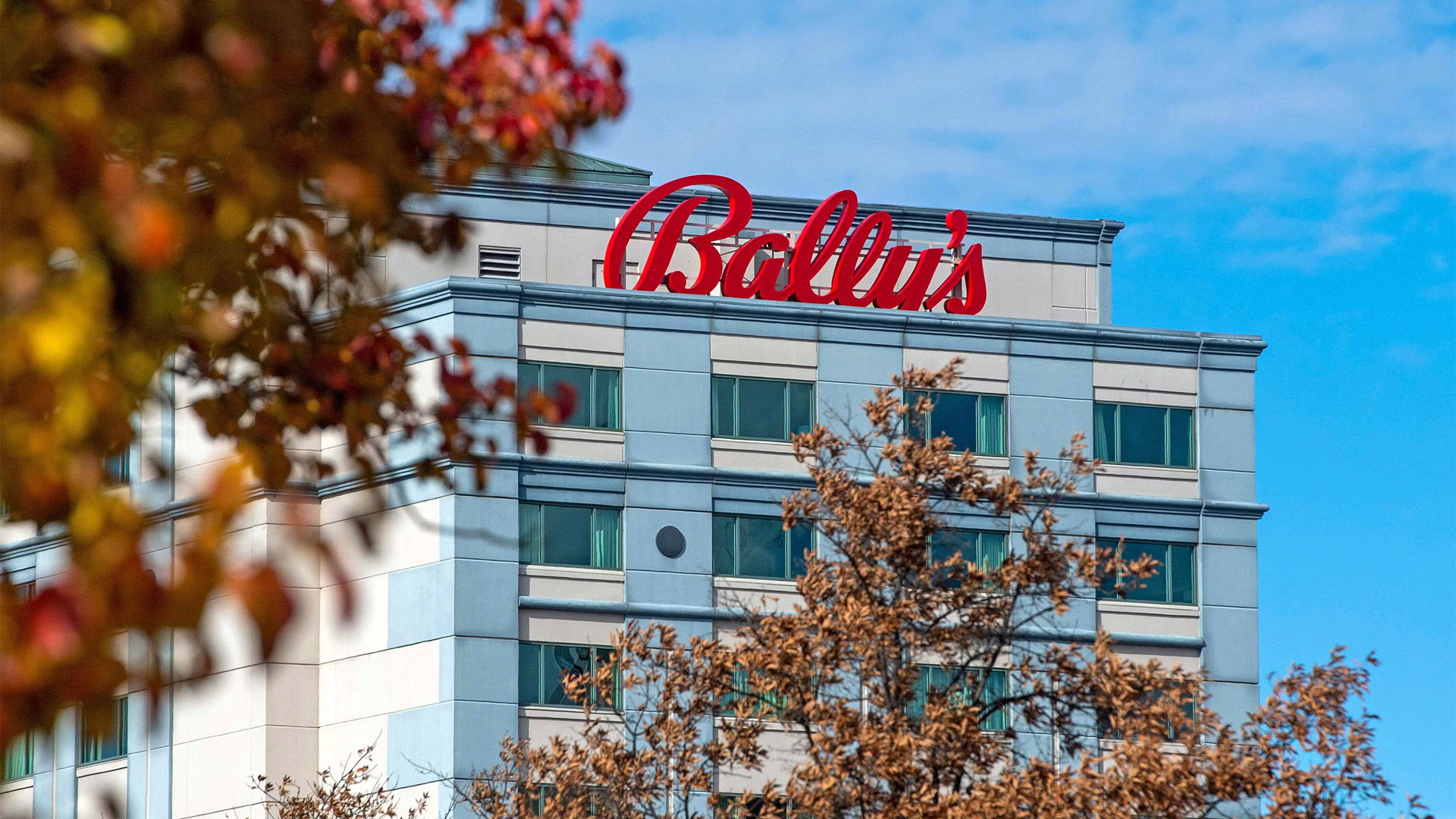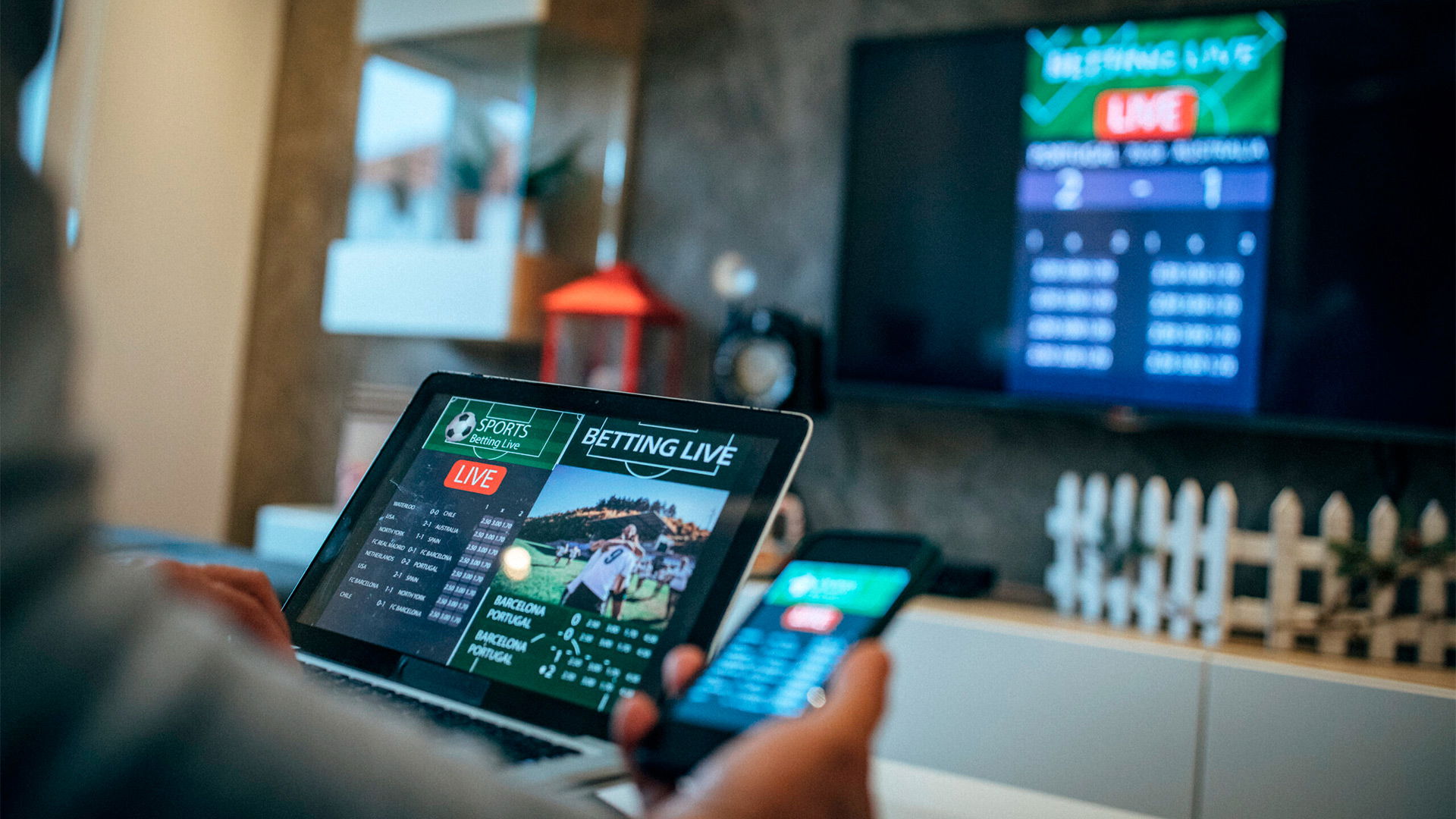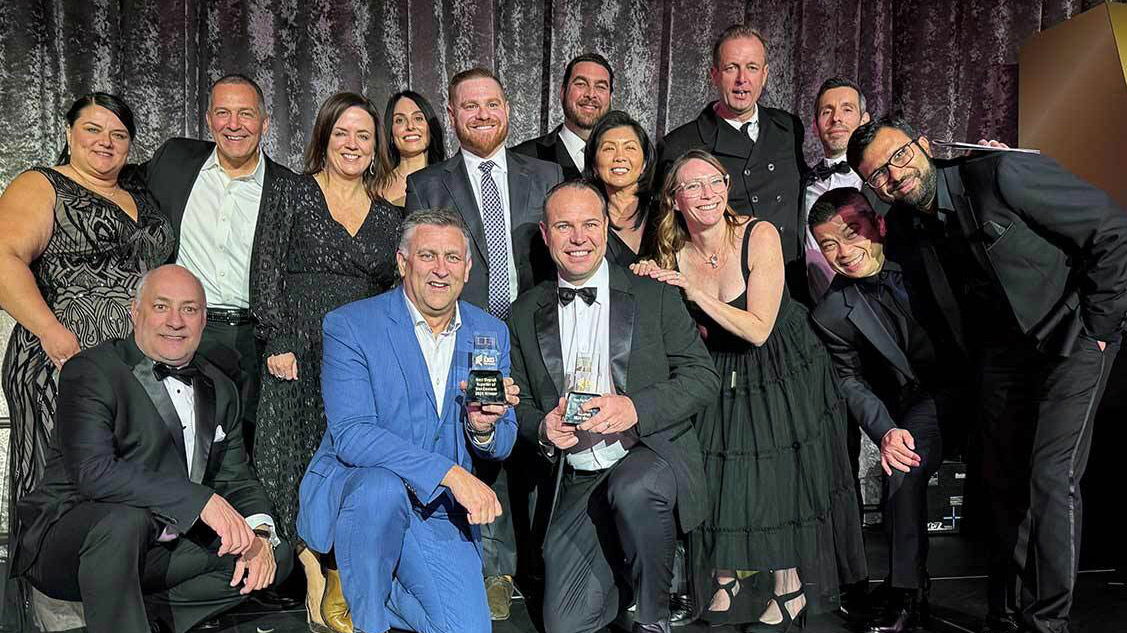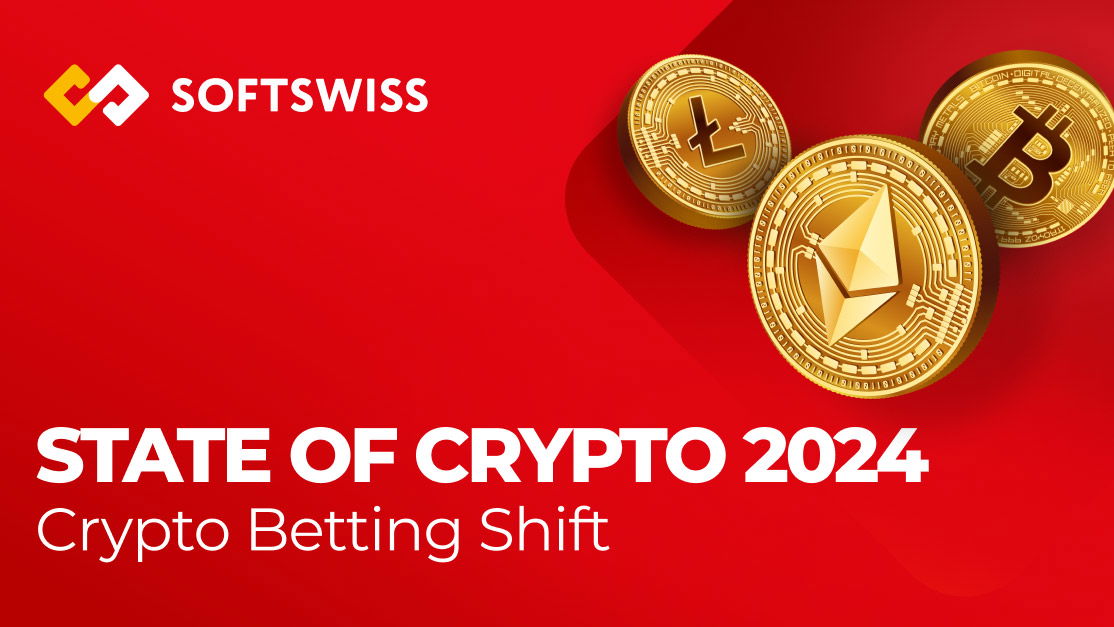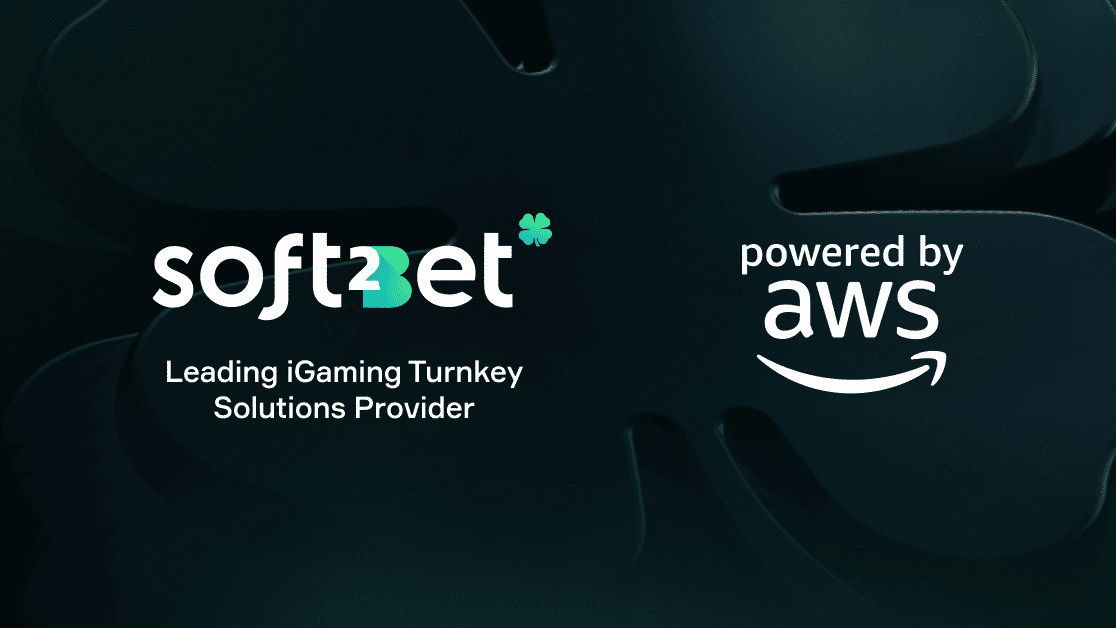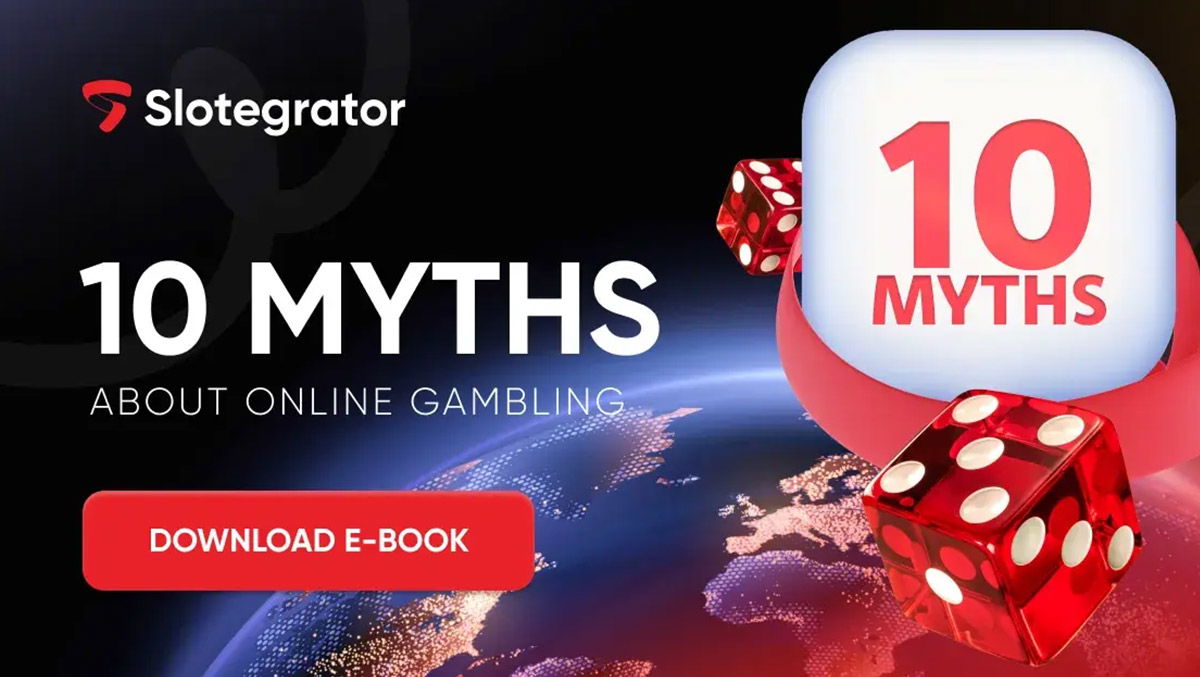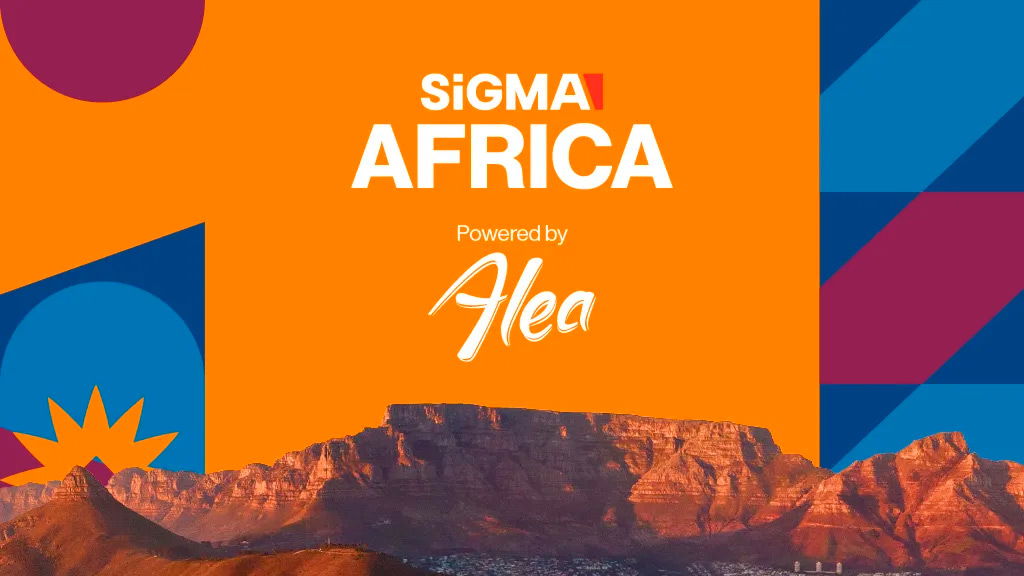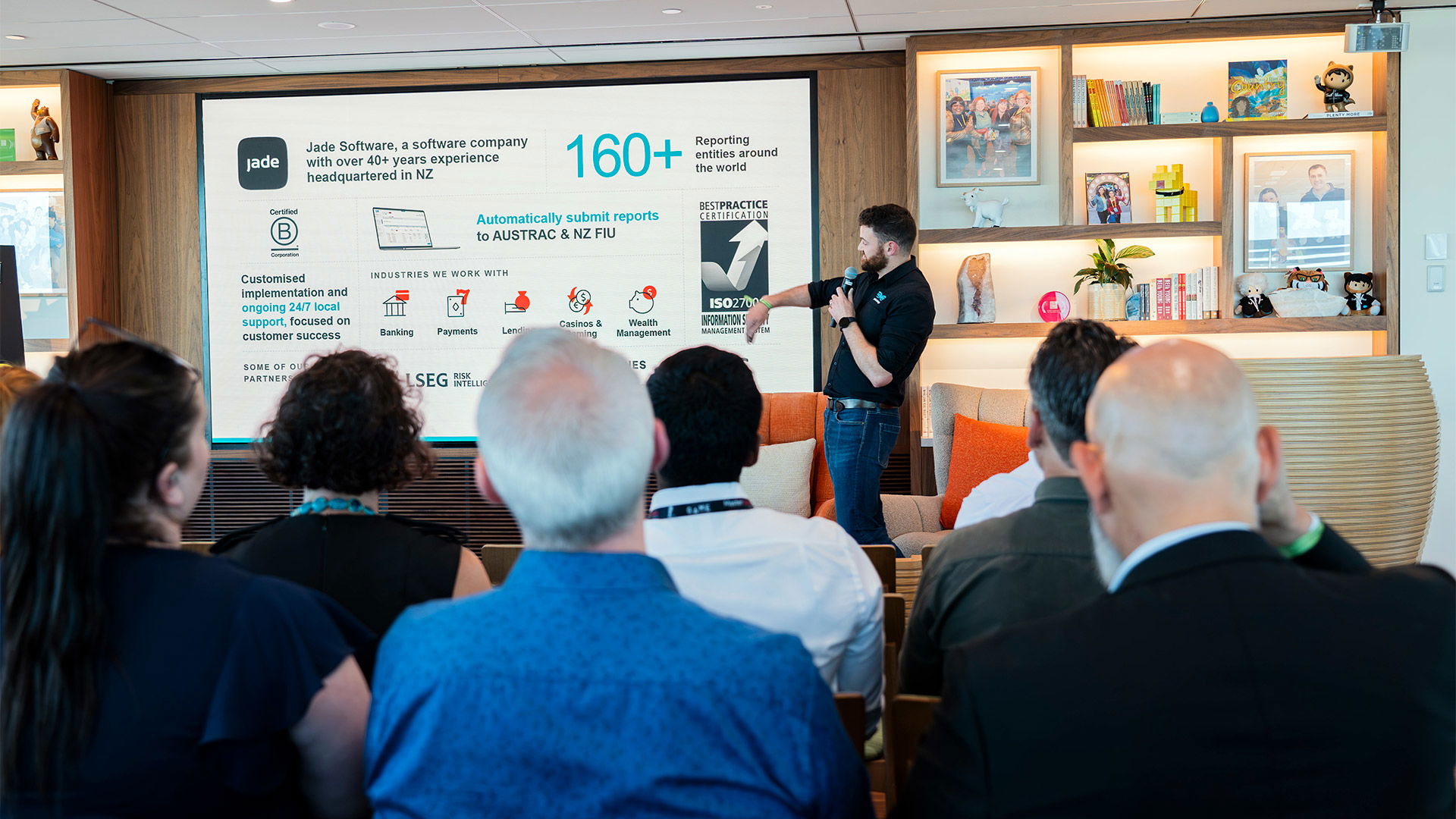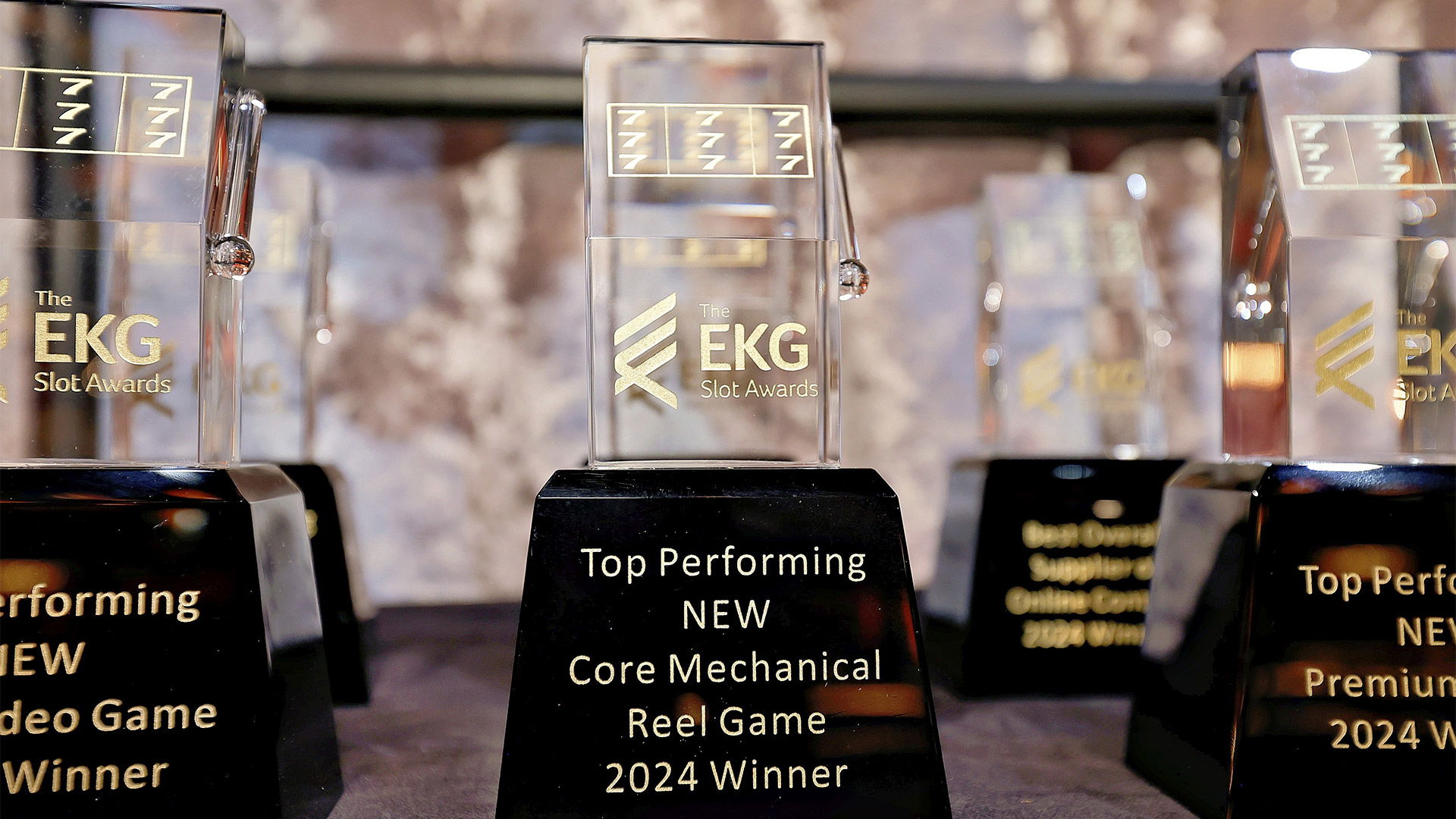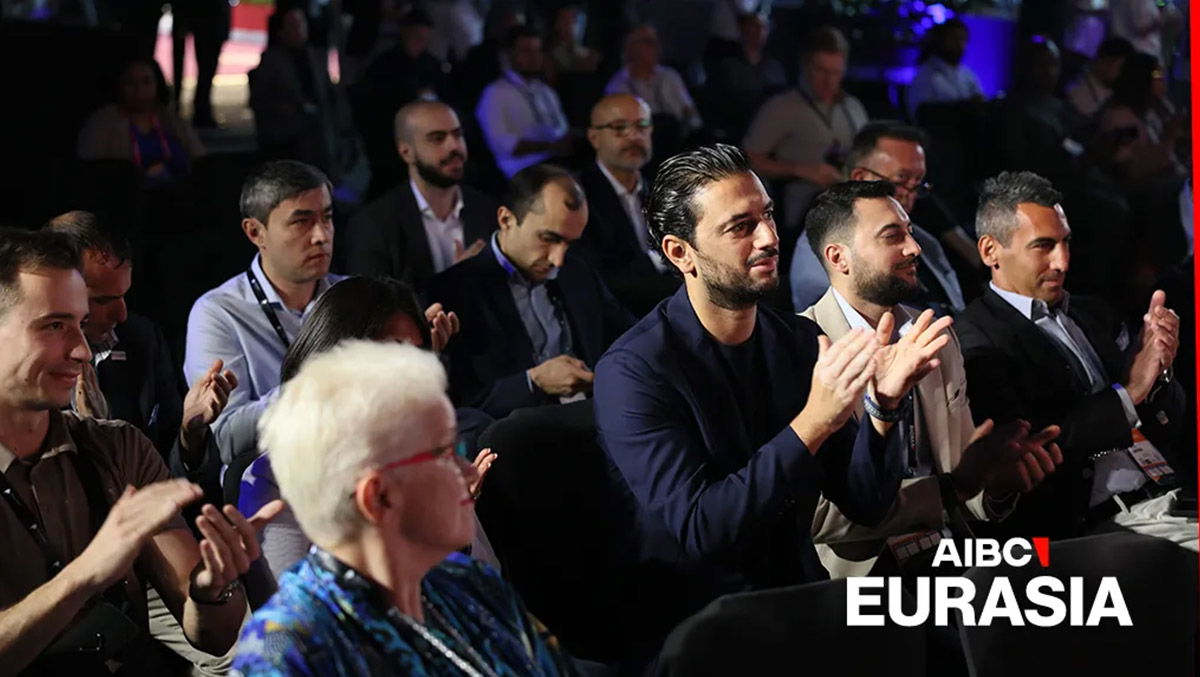IGT: "Sports betting has been marketing-driven to date, and over time that shifts to offering the most compelling product"
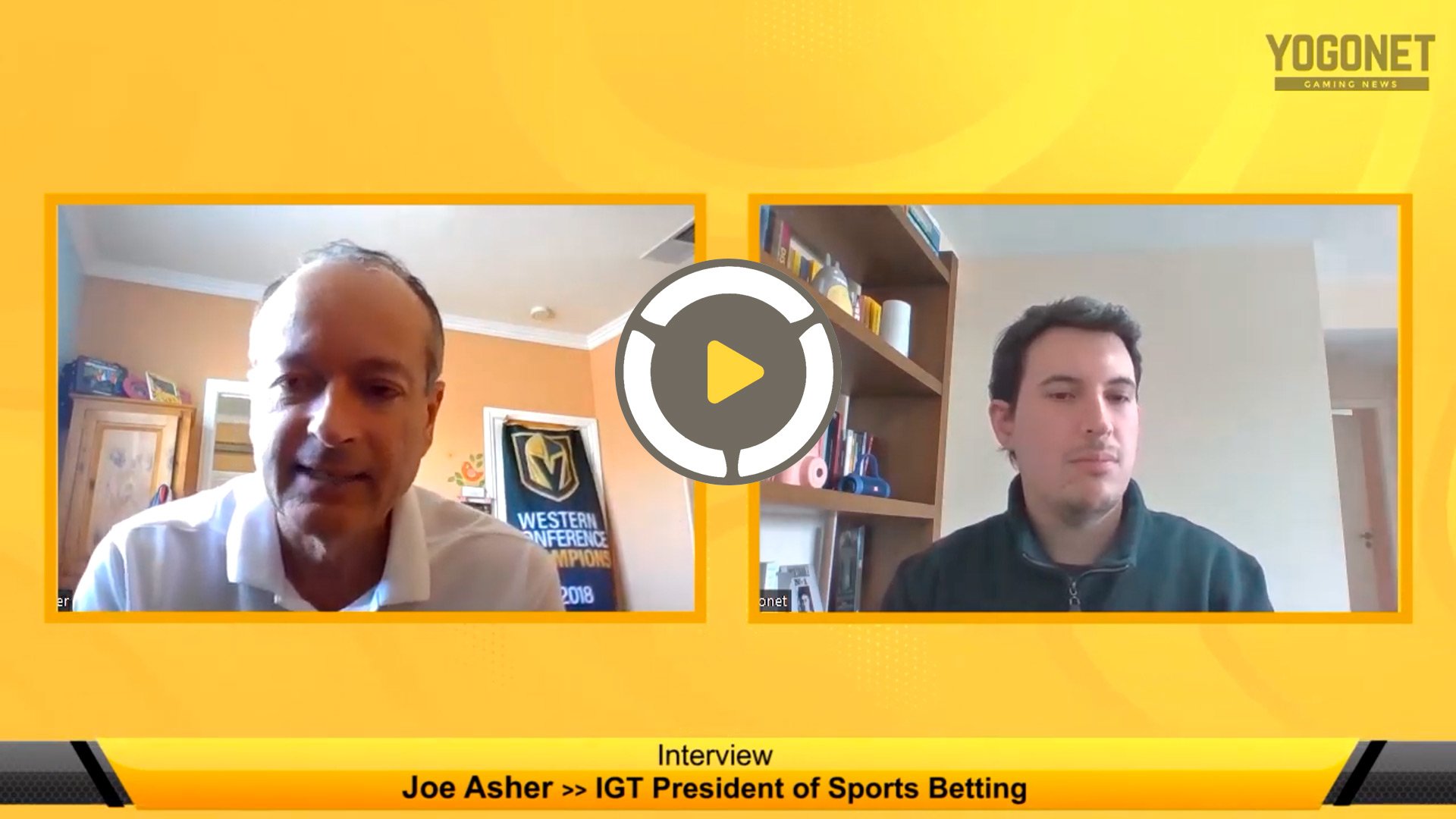
With the NFL season now underway, US sports betting enters its most exciting time of the year. To discuss the state of the vertical, and the company's plans for it, Yogonet spoke with Joe Asher, IGT President of Sports Betting.
In this exclusive interview, the former William Hill US CEO offers insights on the sports gaming landscape and IGT's role within it, as well as on new trends for the vertical. Additionally, Asher touches upon iGaming expansion, and sports betting products IGT will be showcasing at the upcoming G2E edition.
It has been nearly one full year since you joined IGT. How has the transition been from the business to consumer side of the sports betting role to a purely B2B role?
It's a big difference, for sure. The weekends of the football season are probably not as intense as they once were. And as an operator, you're focused on your business, while as a supplier you're focused on the businesses of all your customers - and they're not all similarly situated either. Some are quite large, like FanDuel and the Rhode Island lottery, but others are much smaller, like some tribal casinos spread out across the US. The importance of focusing on all the customers, I think, is quite different in this role than it was in my previous one as an operator.
What can you tell me about IGT's position in the growing sports betting market?
About 70 properties across the country, mostly casinos, operate our PlaySports business within their properties, and then a number of them online as well. We're in just about all of the legal sports betting states at this point, which is by now close to half the country. The customers operate, as I said, principally in casinos, but also in sports venues such as in Arizona, with the Phoenix Suns and our partner FanDuel. As for the casino, they include really large active properties such as Snoqualmie and the State of Washington, or the Oneida Tribe in Green Bay, Wisconsin.

The U.S. sports betting market has become very competitive. What would you say IGT brings to the table that other suppliers do not?
I wouldn't speak on other suppliers, but what IGT brings to the table is a complete and full solution. That goes for the hardware, whether it's kiosks or betting over-the-counter, and the equipment necessary to run the display boards, for instance. And then we offer a full online solution as well. A really good-looking app that's simple and easy to use, offering relationships with payment providers, geolocation and the like.
For somebody who wants to be in the sports betting business, IGT is really a one-stop shop. And that's been especially attractive, I think, for a lot of tribal casinos who, in fact, have preexisting relationships with IGT and a comfort level and a trust with IGT. I think that's one of the big things: the trust that partners have in IGT that we're going to be able to deliver.
Also the expertise from the operator's side of the business is useful. I've had customers ask me things as disparate as food items that they should have on the menu of a sports betting restaurant, to what to do when everybody is betting the same side of a game because your customers are fans of a particular team. If you're the casino, you probably root for the other side of that game, and there's not much else you can do about it other than have the money ready to pay the customers and invite them to come back the next week.
It's a very exciting moment for sports betting. The NFL season kicked off earlier this month and this is obviously set to drive more sports betting in the United States. In terms of betting behavior, what do you think we will see now through the Super Bowl?
The popularity of the NFL just continues to grow and its prominence in the American culture has probably never been higher. And the NFL does such an incredible job of promoting the product. We're recording this on a Monday after the Sunday football games, and some of the endings in those games yesterday were just unbelievable.
It is a compelling product, and so people continue obviously to place all the pregame bets. And they love betting in the game as well; the in-play betting on the NFL continues to grow because the pace of play is pretty conducive to that type of wagering. And in the NFL these days, it seems like no team is ever out of it until the final whistle blows for many of these games, and it just makes for compelling viewership.
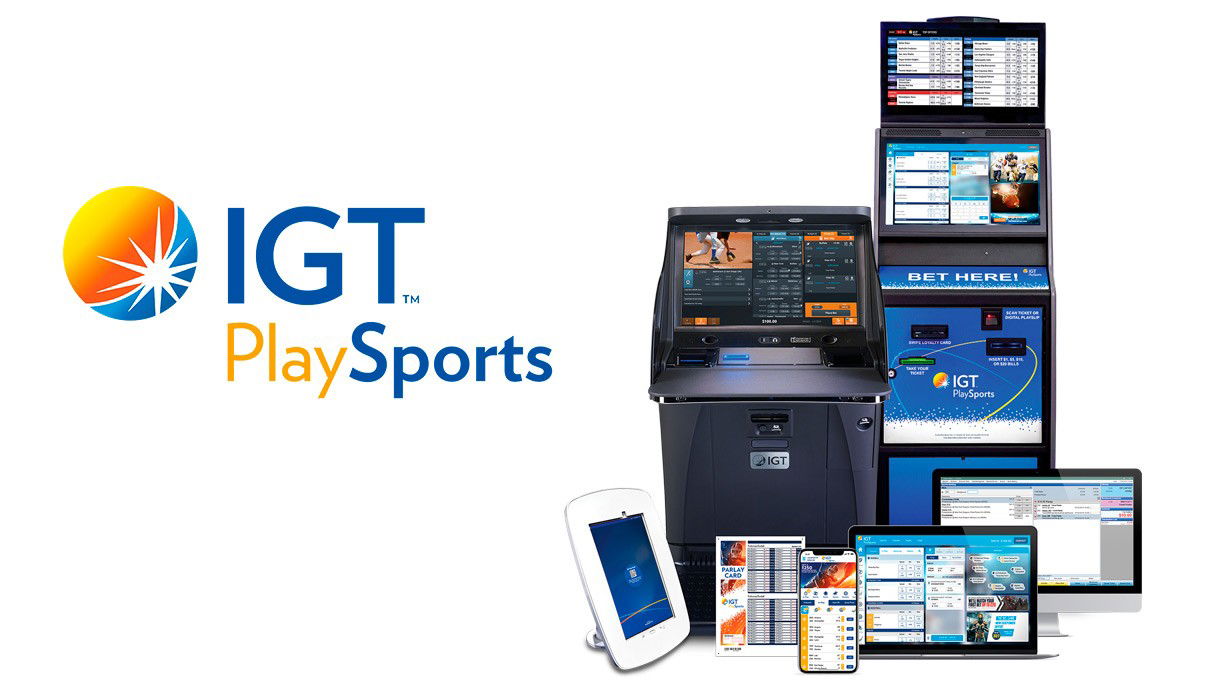
Have you already seen any trends in terms of features, parlays, and so on?
Certainly parlay betting; the ability to parlay different props, same-game parlays where you can parlay multiple outcomes within a game. The old way of doing this was through correlated parlays, and you couldn't parlay things like the number of passing yards that Tom Brady's going to have or the number of receptions that Evans will have, for instance, and the Buccaneers win. The ability to parlay those correlated things is clearly proven to be very popular.
FanDuel in particular has done a really good job with developing that market. I think parlay betting continues to be popular because the customer can risk a little and win a lot. But the form of the parlays is changing and to different sorts of things tied to individual player performance.
Now speaking of the sports betting industry at large, the last few years have been focused on market expansion and what state will be next. Now that phase is mostly behind us, what do you think the next four years will look like?
I do think there are obviously more states to come. A lot have already come, but there's a lot still to come, including some of the biggest states. There's obviously, California, which has two referenda in November, set to shape the future of sports betting in the most populous state, so that's obviously a big thing. Florida is still to come as well. There are states, some of them really big, left to come, in addition to places like Ohio going live in January. Kansas, of course, just went live, and Missouri is still to come.
I also think much of the business has been marketing-driven to date, with a big amount of money spent on advertising. Over time, that shifts to getting the most compelling product into the consumers' hands. The product becomes much more substantial than the marketing does.
And you're also going to see a phase in existing states of operators looking for new customers in those markets, where you have the early adopters. Those, of course, are very valuable customers, but you'll have quite a few later adopters who will enter the market. In part, maybe because of the advertising or the discussion of sports betting on television during the broadcasts. I think there will be a phase of more people in existing states, in addition to the swarm of people when a new state opens.
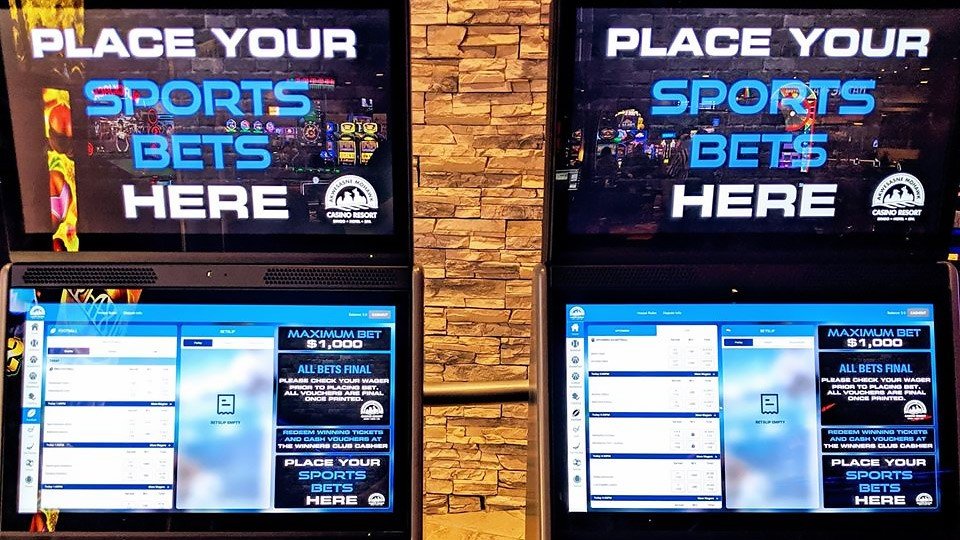
For the last few years, the gaming industry has been more focused on sports betting expansion than iGaming . Do you think that more online gaming would help or hurt the sports betting vertical?
Over time you really view them similarly. And by and large, the classic way this works out is a customer is attracted because they can bet on sports, and then they're cross-sold to iGaming. So you want the Sunday night football game and now there's an incentive to go and play blackjack.
There's obviously a much smaller number of iGaming states than sports betting states. And that's, I think, a function of some of the political dynamics around it. iGaming is slower to get going in the US, and that probably will continue for the foreseeable future, where the focus is on sports and it's just a different question around iGaming.
The opportunity for operators in iGaming is a much lower cost structure because you've already got the customers that you acquired through sports. And you also don't have things like the league relationships, or data or other costs like you have on the sports side. They don't apply. On the iGaming side, you do have content costs, but it's a different cost structure, to be sure. It's just that the pace of adoption around iGaming is slower, and I think that that slowness continues for a period of time.
G2E is just a few weeks away. What can we expect from IGT PlaySports at the show?
G2E is obviously a big time in the industry for us. We're going to be showing off our Bar Tops and what we call the CrystalFlex Terminals. Folks who have been in casinos have seen the bar tops with the game content, be it video poker or slot machines or table games. And now there's a sports betting vertical within those. This is something that I've been talking about for a very long time, and now we've finally gotten the product to the point where it's ready to be submitted for approval, and hopefully it's going to be deployed later this year. You'll be able to see that in the booth. I think that's something in particular that is going to be very, very popular.
The CrystalFlex allows you to do the same thing, but in a sit-down format as opposed to standing at the bar. And then, of course, we'll have the latest generation kiosks, which have become a big part of the retail IGT sports betting experience. And personally, I really enjoy going around the show, seeing the new products that are out there, seeing old friends who are coming back... And some, of course, will be the first time since COVID. I think you're going to see a pretty, pretty busy show.
Watch the full video interview with Joe Asher on our YouTube channel.


